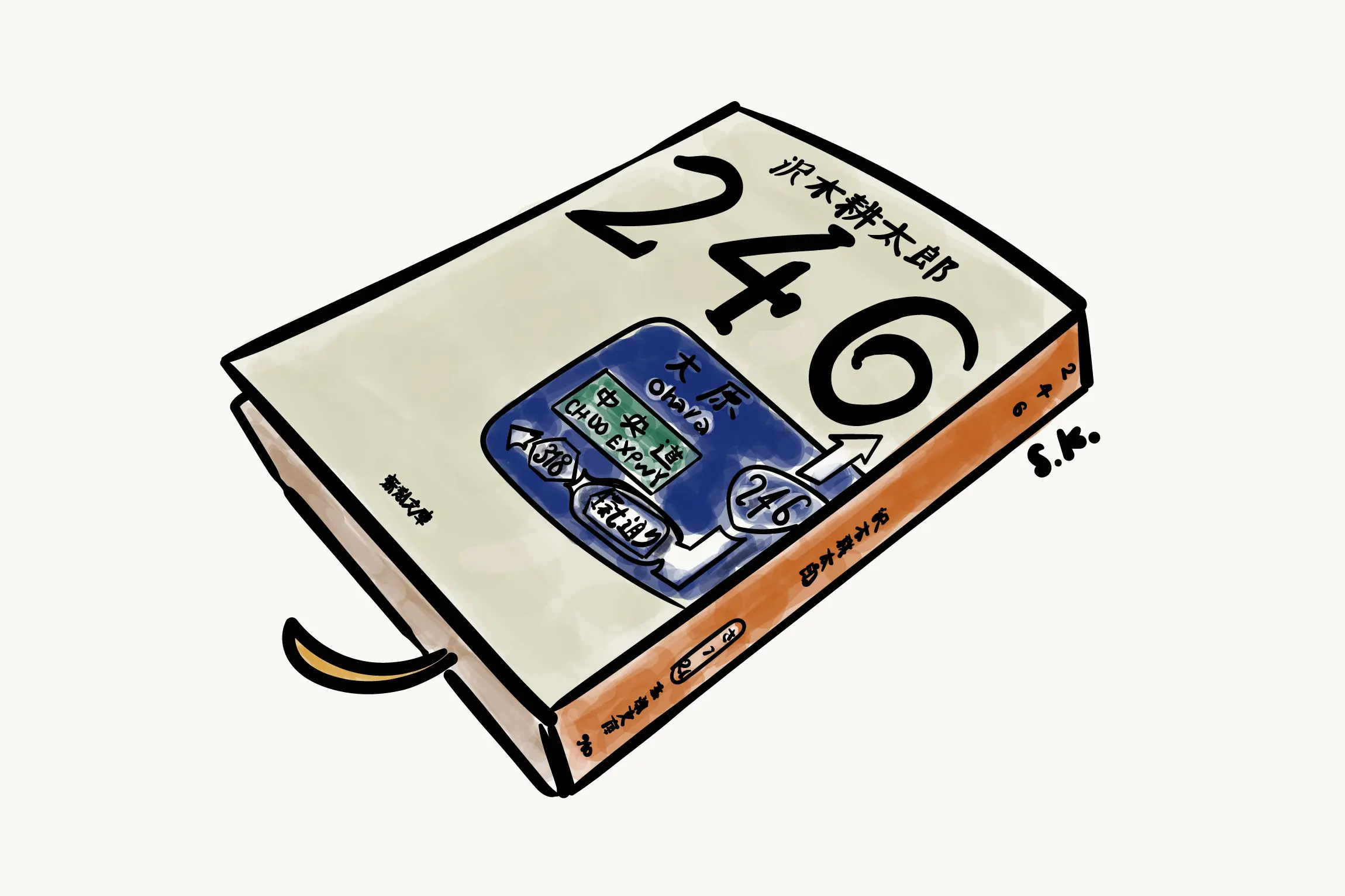
Making Chance Your Ally
The other day, I happened to come across a YouTube video of a lecture by the novelist Yoko Ogawa titled “Literature in Life Project.” As I watched, she shared some fascinating insights.
She talked about how the background story of her book “Kotori” (Little Bird) was a product of chance.
Later, as I explored the video library of the same series, I found a video featuring Tatsuru Uchida, an honorary professor at Kobe Women’s University who is active in various fields. Interestingly, he also spoke about chance.
What’s intriguing about both lectures is that they revolved around the topic of chance and the late psychologist Hayao Kawai. Ogawa mentioned that, for her, “Novels cannot be written without the power of chance. It’s not about talent; it’s about chance.” She went on to say, “Furthermore, if I may add, it’s about how far you can leap when chance comes.“
In a discussion involving Kawai and Hiroshi Ota, an Aikido master, Uchida noted, “Most of the things that happen in a person’s life are due to chance.” He also mentioned “convenient chance,” a term introduced by Ota, and said, “You might think there’s no such thing as conveniently timed chance encounters, but they do happen.“
These discussions, including references to Haruki Murakami’s experiences, shed light on the concept of chance in various contexts.
While Ogawa and Uchida had slightly different perspectives on chance, the common thread is that chance plays a significant role (although Ota’s version of chance requires training).
So, it makes me wonder: how can we make chance work in our favor and become better at recognizing it?
One potential approach is the “Planned Happenstance Theory” proposed by Professor John D. Krumboltz at Stanford University. This theory suggests that 80% of an individual’s career is determined by unexpected happenings.
It outlines five action guidelines:
1. Curiosity: Continuously seek new learning opportunities.
2. Persistence: Don’t give up in the face of failure; keep trying.
3. Flexibility: Maintain a positive outlook, believing that new opportunities will inevitably arise.
4. Optimism: Be willing to change beliefs, concepts, attitudes, and actions.
5. Risk-Taking: Take action, even when outcomes are uncertain.
– Planned Happenstance Theory: What Is It? [Career Planning] All About
(https://allabout.co.jp/gm/gc/441716/)
While these guidelines might not cover everything, incorporating them into our lives might lead to significantly different outcomes compared to when we don’t follow them.
Finally, it’s essential to note that even if chance happens, it’s meaningless if we don’t notice it. To make the most of chance, we need to connect it to something and take action. It might sound abstract, but it’s worth trying.
In the pursuit of using chance as an ally to seize opportunities, remember that chance favors the prepared mind.


